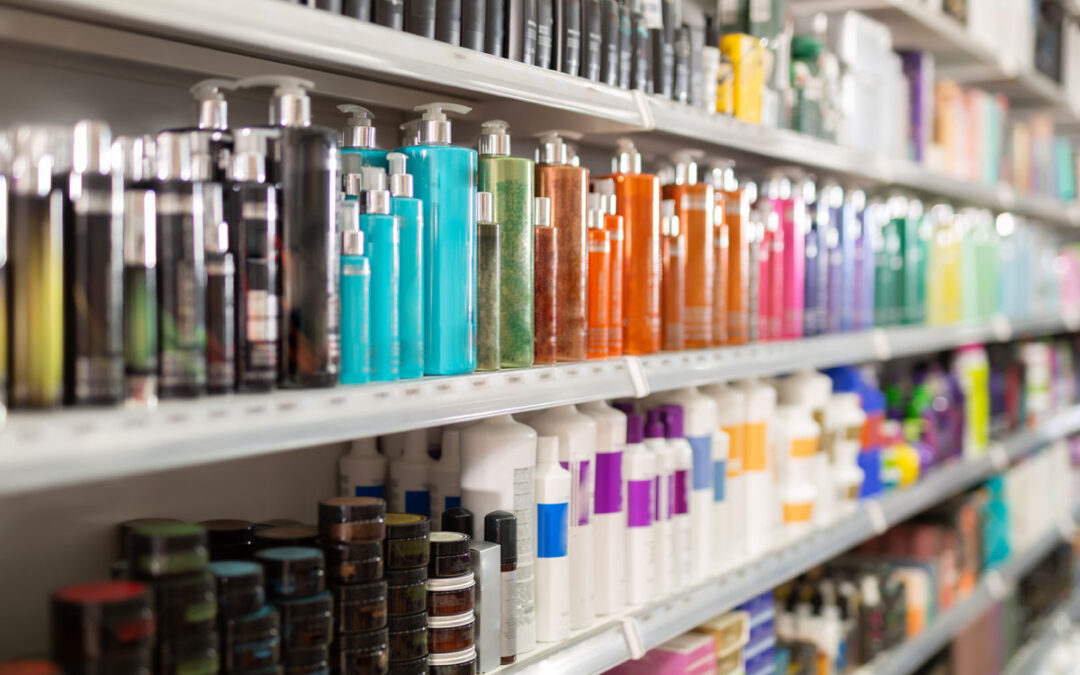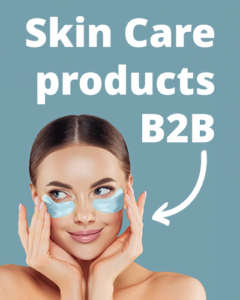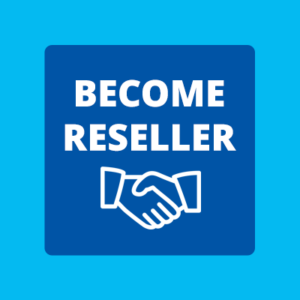The B2B cosmetics industry is an ever-changing sector that has expanded significantly. Many distributors and retailers have emerged with new products to serve the rising population.
Due to the lucrative nature of the industry, many businesses are competing for customers. Therefore, you must use effective strategies to ensure your beauty shop stands out. Using the right strategy will help you develop a loyal customer base for success. Here are the proven techniques for navigating and succeeding in the B2B cosmetics industry.
Market Overview
The B2B cosmetics market is growing at a fast pace. There is a rising demand for cosmetics products from varying sections of the population. Therefore, cosmetic suppliers must research demographics to help them make comprehensive decisions regarding prices, promotions, and products to offer to specified customers.
Understanding the market dynamics is essential for success. Some vital marketing trends that are reshaping the cosmetic industry market include:
• Industry growth where the market is evolving at a rapid pace
• Rising demand for cosmetic products like gels, powders, lotions, ointments, sticks, and brushes
• Key market players with industry giants like L’Oréal, LVMH, and Unilever controlling the space
Target Identification
Identifying the right customers for your B2B cosmetics business should not be underestimated. It’s a strategy that helps cosmetics wholesale dealers tailor their products to match customer tastes and requirements. Only some clients want to buy Braderm Azn Scrub; others prefer Braderm Azn Cream. So, it’s clear that targeting the right market is essential for creating marketing campaigns that bear fruits.
If you want to identify potential customers and maximize market viability for your B2B cosmetics business, consider the following:
• Build Strategic Partnerships
• Conduct market research
• Attend events and beauty shows
• customer feedbacks
• Strong online presence
Create a Unique Value Proposition
Creating a unique value proposition in a saturated B2B cosmetics marketplace helps you distinguish yourself from competitors. Here are some cosmetics business strategies that you can use to stand out as a business owner:
Focus on your strengths
Identify your strengths and use them to form a unique identity. Use B2B strategies like strategic top-notch customer service and develop strategic relationships to gain a competitive edge in the market. You can also establish strong cosmetics distribution networks to ensure your products reach all customers.
Build your brand
Let each of your products tell a unique story. Doing so helps build emotional connections with customers, which is essential in creating brand loyalty.
Effective Use of Marketing Channels
Marketing channels are the vessels between B2B businesses and their audiences. Utilizing these vessels helps B2B cosmetic shops reach their clients quickly and at the ideal time. They allow cosmetics suppliers to seamlessly exchange information with their customers, allowing them to meet more clients.
Top marketing channels that B2B cosmetics businesses can use include:
Digital advertising
Social media has emerged as a robust tool where cosmetic businesses can market their products. This tool will enable you to reach a wider B2B audience and win their loyalty. Platforms like Twitter can help you to interact and get clients quickly.
SEO and Content Marketing
Investing in online reputation is a winning marketing strategy: adding authoritative content to the website, positioning it at the top of search engine results for effective keywords increases the credibility of your business.
Public relations
Harnessing public relations is another effective marketing trend used in the cosmetics trade. It involves collaborating with industry influencers to maintain your brand’s image. Top-tier cosmetics B2B businesses like LVMH have adopted the use of sustainable packaging solutions in a move to counter environmental pollution.
Influencer Marketing
Using influencer marketing is also another strategy used in B2B marketing. The approach involves using opinion leaders with a huge following to promote your brand. Fenty Beauty, for example, has succeeded by using sensational musician Rihanna to promote its products to customers.
Tracking and Analytics of Results
Tracking your B2B marketing efforts for your cosmetics business is the only way to determine what works and what doesn’t. After establishing what works, business owners can adjust their strategies accordingly. Use the following tips to track and measure your performance.
Analytics tools
Analytic tools like Google Analytics can help measure web traffic, consumer metrics, and user behavior. This knowledge will help you support marketing campaigns that translate to more customers.
Campaign Performance
Measuring your cosmetic B2B business marketing efforts helps identify your beauty shop marketing efforts. It enables you to understand areas for improvement for your overall growth.
Conclusion
Success in the B2B cosmetics industry is a process that takes time. It’s a demanding approach that needs a multifaceted approach. Constantly marketing your products, uniquely positioning yourself, and continually adapting to present industry trends are some strategies for sustained growth in this sector.








